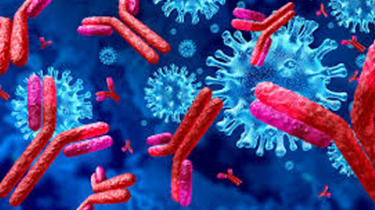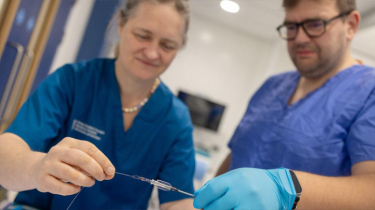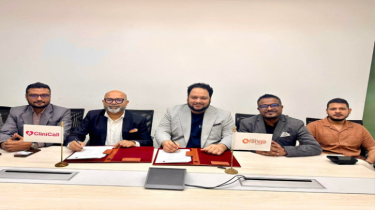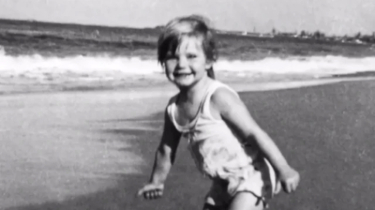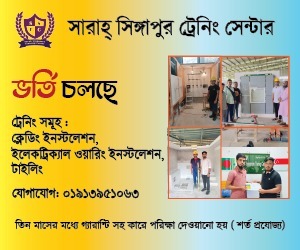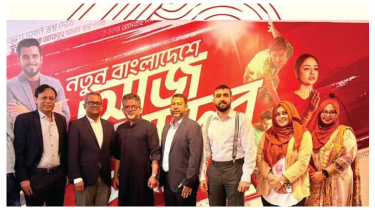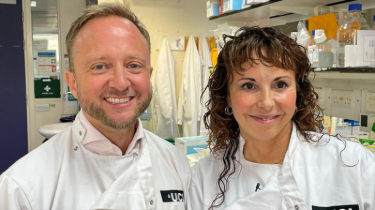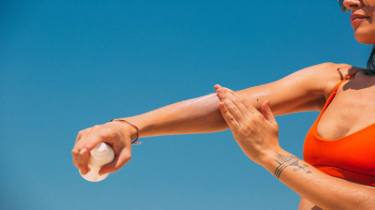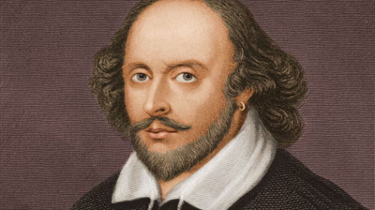Australia Reels from Sunscreen Scandal as Popular SPF 50+ Products Fail to Deliver Protection
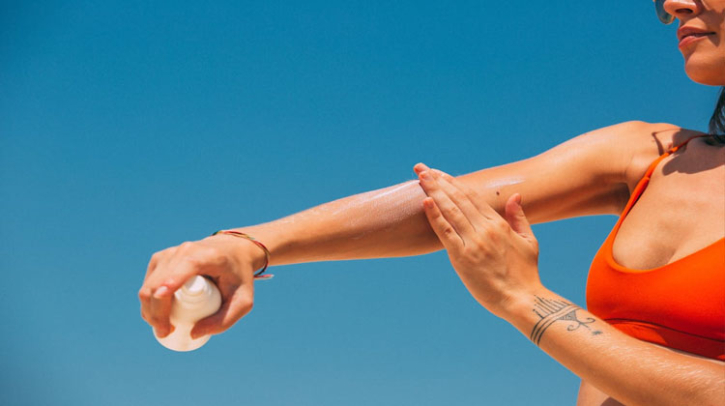
Published : 23:45, 6 September 2025
Australia, long regarded as the world’s skin-cancer hotspot, is confronting a severe breach of consumer trust as a national study revealed that 16 of 20 top-rated SPF 50+ sunscreens failed to meet their advertised levels of protection. The alarming findings have triggered product recalls, regulatory action, and widespread calls for reform in sunscreen standards.
This week, premium brand Ultra Violette issued a recall of its Lean Screen SPF 50+ sunscreen after independent lab tests showed that its actual protection ranged as low as SPF 4.
The discrepancy was confirmed through multiple tests despite the product being marketed as delivering top-tier defense. The company acknowledged the failure, said it had sourced the product from a third-party manufacturer, and announced it would no longer work with that supplier. Affected customers are being offered refunds and vouchers.
In a similar precautionary move, Naked Sundays voluntarily withdrew its Collagen Glow Mineral Sunscreen (SPF 50+) while awaiting further independent testing and guidance from the Therapeutic Goods Administration (TGA). Although not part of the original investigation, the brand opted to pause distribution in light of rising public concern.
The controversy stems from an investigation by consumer advocacy group Choice, which commissioned testing of 20 widely available SPF 50 and 50+ sunscreens. Sixteen of those failed to meet their claims when evaluated in an accredited lab. The worst underperformance was by Ultra Violette’s Lean Screen, but other mainstream brands, including those from Cancer Council, Neutrogena, Bondi Sands, Aldi, Woolworths, and Banana Boat, also fell short of their labels, with measured SPF levels varying significantly below the advertised 50.
The safety regulator, TGA, has launched a comprehensive review of these findings. It confirmed that several products sharing a similar base formula with the recalled Ultra Violette sunscreen were also “paused” from sale, even though not all were tested. Meanwhile, the TGA has separately initiated consultations on possible reformulation of sunscreens containing ingredients like homosalate, oxybenzone, and the by-product benzophenone, amid broader concerns about ingredient safety.
Health experts warn that although sunscreen remains a vital barrier against Australia’s intense UV radiation, inaccurate SPF labeling could drive many to inadvertently risk overexposure. Recommendations from dermatologists emphasize proper application, choosing broad-spectrum protection, and integrating complementary preventive measures like sun-protective clothing and shade.
Public confidence, particularly in established institutions like the Cancer Council, has been shaken. Voices across media, consumer platforms, and social conversations are now urging regulators to implement stricter oversight, enforce independent product testing, and hold brands accountable for misleading marketing.
Sources: BBC News, The Australian.
BD/AN



